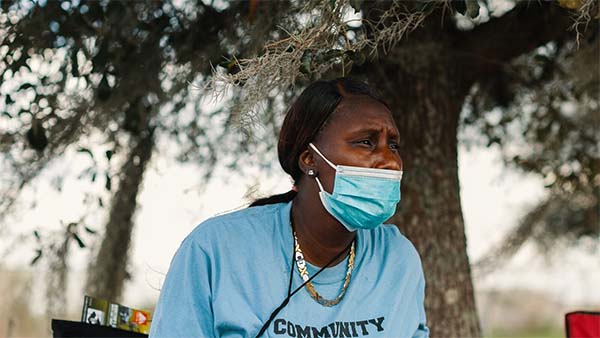
By now, it’s common knowledge that the coronavirus can be spread by being in close contact with someone who’s infected and then breathing in their respiratory droplets. Or by touching a contaminated surface and rubbing your eyes, nose or mouth.
An open letter signed by 239 researchers addressed to the World Health Organization, published Monday in Clinical Infectious Diseases, calls for attention and guidance around a third route of transmission: tiny respiratory particles that float in the air and are called aerosols and that, the researchers state, could be responsible for infecting someone who comes along and breathes them in.
“Most public health organizations, including the WHO, do not recognize airborne transmission except for aerosol-generating procedures performed in healthcare settings,” the letter states, “Hand-washing and social distancing are appropriate, but in our view, insufficient to provide protection from virus-carrying respiratory microdroplets released into the air by infected people.”
For the full story, visit NPR.org.








